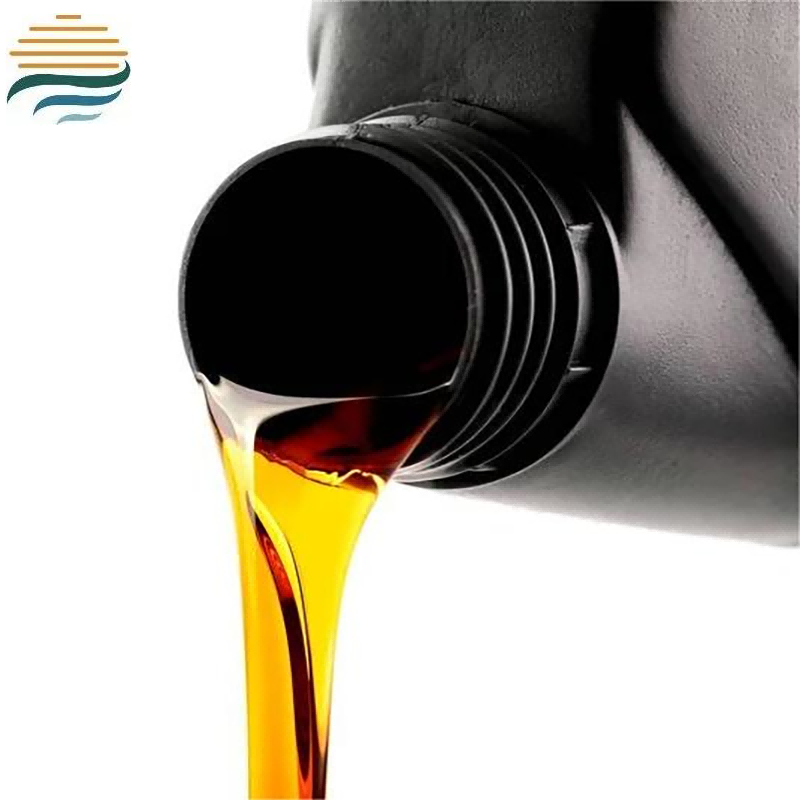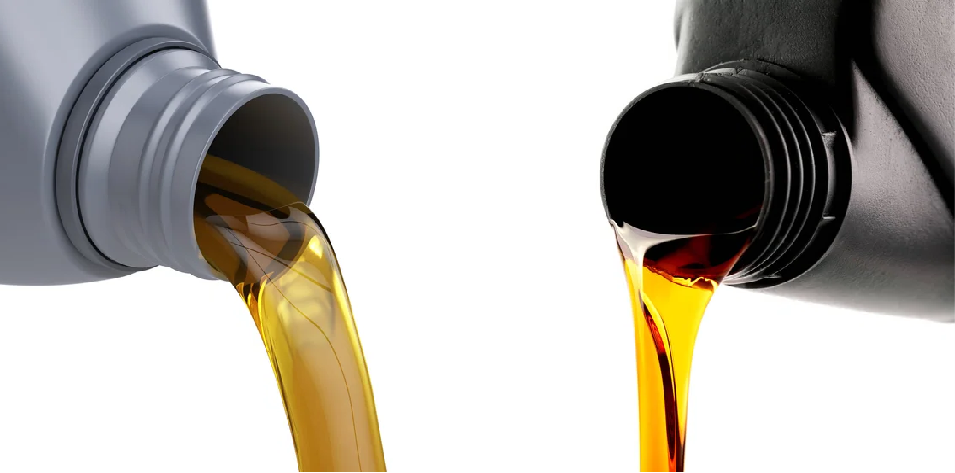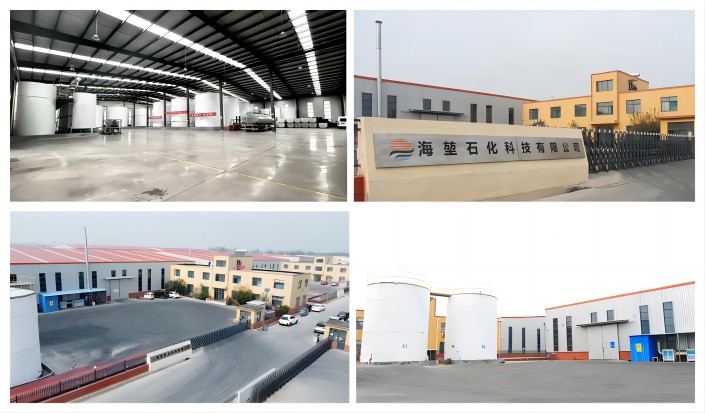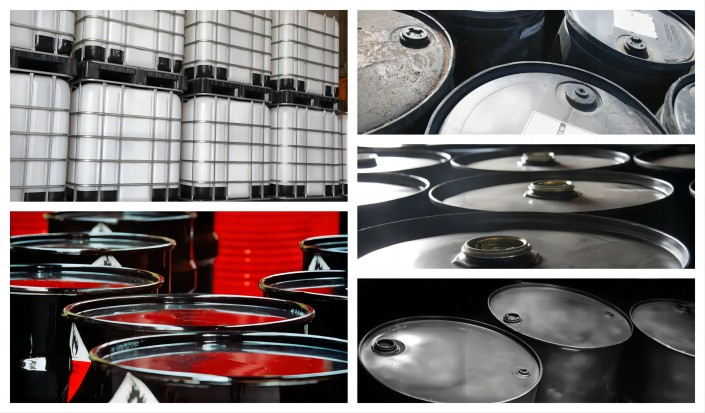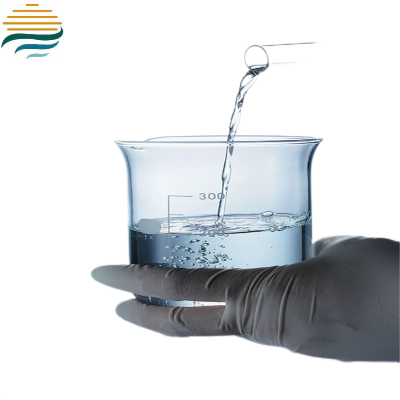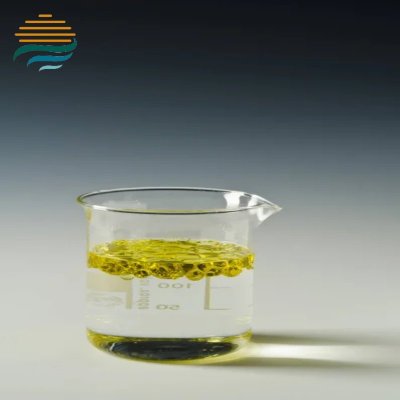Industrial Gear Lubricants
Gear oil, a vital lubricant crafted from petroleum or synthetic base oils enhanced with extreme pressure anti-wear agents and oily substances, finds application in numerous gear transmission systems. It protects against tooth wear, abrasion, sintering, and other detrimental effects, ultimately prolonging the gears' lifespan and boosting power transmission efficiency, while cutting down on power loss.
Product Details:Industrial Gear Lubricants
Gear oils must possess excellent anti-wear properties, high load-bearing capacity, and an appropriate viscosity. They should also exhibit robust thermal and oxidative stability, effective anti-foaming capabilities, efficient water separation, and strong anti-rust protection. Since gear loads typically exceed 490 MPa, and hyperbolic tooth loads can surpass 2942 MPa, extreme pressure anti-wear agents are often incorporated into gear oils to prevent oil film rupture due to tooth wear and abrasion. These agents, commonly sulfur-phosphorus or sulfur-phosphorus-nitrogen additives, are essential. Gear oils constitute approximately 6% to 8% of the total lubricating oil market.
PARAMETER:
Sports Event | Quality Indicators | Test Methods | ||||||
Viscosity grade | 100 | 150 | 220 | 320 | 460 | 680 | ||
Kinematic viscosity (40°C) mm²/s) | 90-110 | 135-165 | 198-242 | 288-352 | 414-506 | 612-748 | GB/T265 | |
Viscosity index | not less than | 90 | 90 | 90 | 90 | 85 | 85 | GB/T1995 |
Open flash point,℃ | not less than | 200 | 200 | 200 | 200 | 200 | 200 | GB/T3536 |
Pour point,°C | not exceeding | -12 | -9 | -9 | -9 | -9 | -5 | GB/T3535 |
Steel sheet corrosion(100°C,)(3 hours)/grade | not greater than | 1 | GB/T5096 | |||||
Corrosion test(distilled water) | rust-free | GB/T11143 | ||||||
Foaminess (Foam propensity/foam stability) mL/mL 24°C 93.5°C Post 24°C | not greater than not greater than not greater than | 50/0 50/0 50/0 | GB/T12579 | |||||
Tim ken test(OK load) /N(Lb) | not less than | 267(60) | GB/T11144 | |||||
Anti-emulsification (82℃)Water in oil /%(mass fraction), emulsion layer /ml,total separated water/ml | not greater than | 2.0 1.0 80.0 | GB/T8022 | |||||
Four-ball test Load wear index/ N Sintering load(P value)/N | not less than not less than | 441(45) 2450(250) | GB/T3142 | |||||
CL-100 Gear Test (A/8.3/90) | not less than | 12 | >12 | >12 | >12 | >12 | >12 | SH/T0305 |
1. Characteristic
The fundamental attributes of gear oil lie in its appropriate viscosity and favorable viscosity temperature. A higher viscosity leads to the formation of a thicker lubricating oil film, thereby enhancing its load-bearing capacity.
Gear oil must possess sufficient extreme pressure and wear resistance, which are its paramount qualities and defining characteristics. Since gear loads typically exceed 490 MPa, and hyperbolic tooth surfaces can endure loads as high as 2942 MPa, extreme pressure anti-wear additives are essential in gear oil to prevent tooth surface wear and abrasion resulting from oil film failure. Historically, additives such as sulfur-chlorine, sulfur-phosphorus-chlorine, sulfur-chlorine-phosphorus-zinc, sulfur-lead, and sulfur-phosphorus-lead were prevalent. Nowadays, sulfur-phosphorus or sulfur-phosphorus-nitrogen additives are more commonly utilized.
2. Main Indicators
Viscosity plays a pivotal role in selecting gear oils. In 1983, the Society of Automotive Engineers (SAE) categorized automotive gear oils based on their kinematic viscosity at 98.9°C (210°F) into seven grades. Specifically, grades 70W, 75W, 80W, and 85W are designated for winter and cold regions, with minimum operating temperatures of -55°C, -40°C, -26°C, and -12°C, respectively. The remaining grades, namely 90, 140, and 250, indicate increasing viscosity levels. Nowadays, energy conservation has led to the widespread use of low-viscosity, thickened oils (multigrade gear oils) suitable for all seasons. The viscosity classification of industrial gear oils aligns with that of lubricating oils, utilizing the center value of kinematic viscosity at 40°C.
Own Factory
Employees at Working
Canned Oil Products
Transportation
SERVICE
Customer First
In the chemical industry, customer first is our business guideline. We always put customers' needs in the first place and are committed to providing high-quality products and services to meet the diversified needs of customers. Through the establishment of a customer feedback mechanism, we keep abreast of customers' opinions and suggestions, and continuously optimize the quality of our products and services to ensure continuous improvement of customer satisfaction.
Customer Reviews
"In Sweden, we place a high value on sustainability and quality. Haikun Petrochemical's industrial lubricants not only meet these standards but exceed them. Their eco-friendly products and excellent service make them a valuable partner." — Sweden, Erik Johansson




